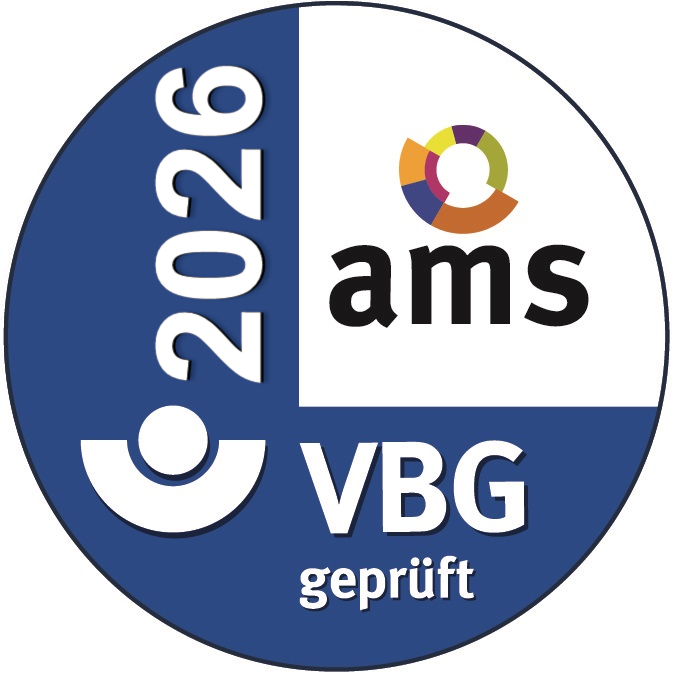PP - Polypropylene
PP - Polypropylene
What is polypropylene?
Polypropylene, often abbreviated as PP, is a versatile thermoplastic that is widely used in various fields. It belongs to the polyolefin family and is produced by the polymerization of propylene. Since its discovery in the 1950s, polypropylene has become one of the most widely used plastics in the world due to its unique combination of properties and cost-effective production.
Properties of polypropylene
The properties of polypropylene are diverse and make it an extremely attractive material for a wide range of applications. PP is known for its high stiffness, strength and toughness, which makes it resistant to mechanical stress and deformation. It is also resistant to many chemical substances, including acids and bases, which enables its use in various industrial environments. In addition, polypropylene is lightweight and has low water absorption, making it ideal for applications where light weight and resistance to moisture are required.
What are the advantages of PP plastic?
The benefits of PP plastic are numerous and make it a preferred material in many industries. Due to its excellent chemical resistance and toughness, PP is often used for the production of containers and packaging, especially for food and chemicals. In addition, polypropylene is also used in the automotive industry for various components such as bumpers, dashboards and interior trim due to its low density and ability to absorb shocks.
PP Temperature resistance
The temperature resistance of polypropylene is an important aspect of its performance. PP can withstand temperatures of up to 100°C, making it suitable for many applications where good heat resistance is required. In addition, polypropylene retains its mechanical properties even at low temperatures, making it suitable for use in extreme temperature environments.
Where is polypropylene used?
Polypropylene (PP) is used in a wide range of industries and applications thanks to its versatile properties and economical production. Here are some areas in which polypropylene is frequently used:
- Packaging industry: PP is used for a wide range of packaging applications, including food packaging such as containers, films, carrier bags and bottles. Due to its chemical resistance and food fastness, it is well suited for contact with food.
- Automotive industry: In the automotive industry, polypropylene is used for various components, including bumpers, dashboards, door panels, seat structures and interior trim. Its low density and good impact resistance make it particularly attractive for these applications.
- Household goods and consumer durables: PP is used for a wide range of household goods and consumer durables, including furniture, tableware, household appliances, storage containers and toys. Its durability, lightness and chemical resistance make it suitable for everyday use.
- Medical devices and consumables: In the medical industry, polypropylene is used for the manufacture of medical devices such as syringes, catheters, laboratory equipment, petri dishes and packaging for pharmaceutical products. Its sterile properties and resistance to sterilization methods such as autoclaving make it suitable for these applications.
- Textile industry: PP fibers are used in the textile industry for the production of carpets, rugs, ropes, nets and geotextiles. They offer strength, abrasion resistance and water resistance for various applications.
- Construction industry: Polypropylene is used in the construction industry for various applications, including insulation materials, roofing membranes, pipe insulation, insulation boards and geosynthetics. Its resistance to moisture and chemicals makes it suitable for these applications.
- Agriculture and horticulture: In agriculture, PP is used for applications such as fabric mulches, irrigation systems, plant pots and greenhouse films. Its resistance to UV radiation and weathering makes it suitable for outdoor use.
Polypropylene in pipeline construction
Polypropylene is increasingly being used in pipeline construction due to its many advantages and properties. PP pipes offer excellent chemical resistance to a wide range of substances, including acids, alkalis and organic solvents. This resistance makes them ideal for transporting aggressive liquids and chemicals in industrial plants and chemical processes. In addition, PP pipes are corrosion resistant and do not rust, which extends their service life and reduces maintenance costs. They are also lighter than traditional metal pipes, which makes transportation and installation easier. Due to their flexibility, PP pipes can also be used in various environments, including underground installation and areas with uneven terrain. The simple joining technique, such as welding or joining with fittings, makes the installation of PP piping efficient and cost-effective. Overall, polypropylene in pipe construction offers a reliable and cost-effective solution for a wide range of applications, from water supply and wastewater disposal to industrial processes and chemical transportation.
![[Translate to English 22:] Polypropylen [Translate to English 22:] Polypropylen](/fileadmin/_processed_/0/2/csm_Polypropylen_a2712f75d7.png)



